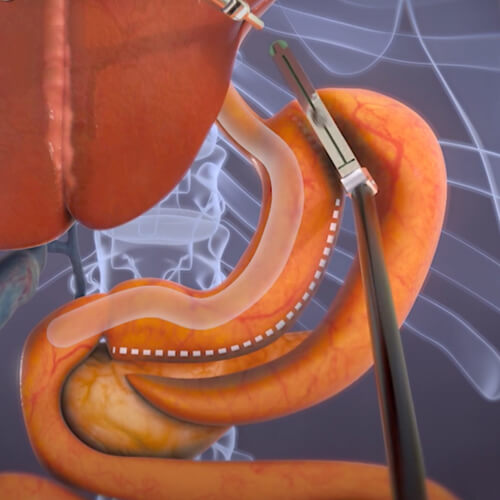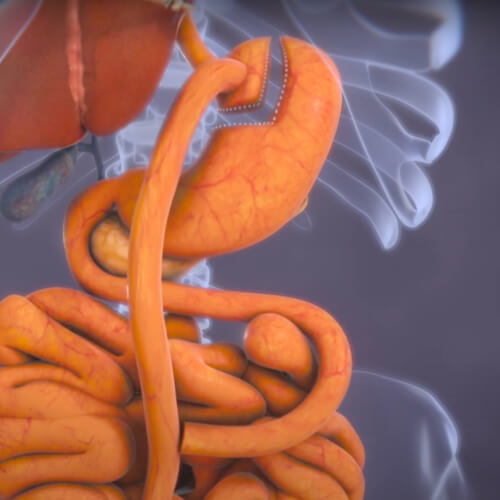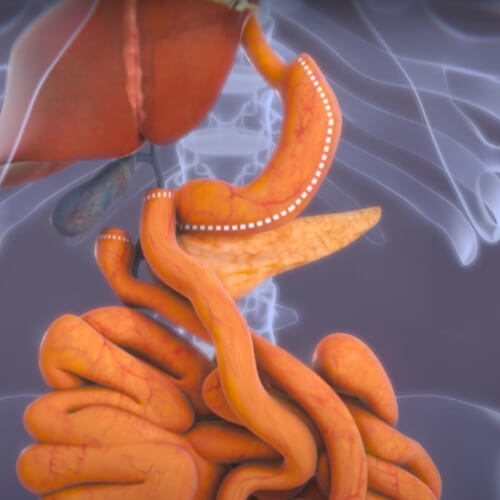-
Faster Recovery*
Magnetic Surgery® patients spend less time in the hospital and return to work within 5 days of surgery on average.1-2
-
Less Pain*
Patients experience less pain than traditional bariatric surgery patients.1
-
Better Cosmetic Results
Look better after surgery with fewer incisions and less scarring.

Magnetic Surgery®
Innovative technology that makes surgery less invasive
What is Magnetic Surgery?
Magnetic Surgery is a safe and clinically-proven alternative to traditional bariatric surgery. An external magnet is placed on your skin which controls a magnetic grasper inside your belly during surgery, eliminating a painful abdominal incision and resulting in less-invasive surgery.
Find a SurgeonWhy Magnetic Surgery
*Based on retrospective, single-center study of 296 patients comparing magnetic liver retraction vs. a conventional liver retractor in bariatric surgery. Patients in the magnetic surgery cohort had significantly decreased 12-hour post-operative pain scores and hospital length of stay.
Hear it from real patients


See Testimonials"I felt great after surgery and was walking the same day without assistance. I didn't even feel like I had anything. I have lost nearly 100 pounds since then."
– Catrina, Magnetic Surgery patient
Types of magnetic Surgery
Magnetic Surgery can be performed with several types of bariatric surgery.
Explore UsesHow Magnetic Surgery Works
Interested in learning more?
Find a doctor in your area who specializes in Magnetic Surgery.
Find a Surgeon
- Welsh, et al. Magnetic Liver Retraction Decreases Postoperative Pain and Length of Stay in Bariatric Surgery Compared to Nathanson Device. J Laparoendosc Adv Surg Tech A. 2021 Feb;31(2):194-202. https://pubmed.ncbi.nlm.nih.gov/32678701/
- Rivas H, et al. Magnetic Surgery: Results From First Prospective Clinical Trial in 50 Patients. Ann Surg. 2018 Jan;267(1):88-93. https://www.ncbi.nlm.nih.gov/pubmed/27759614



